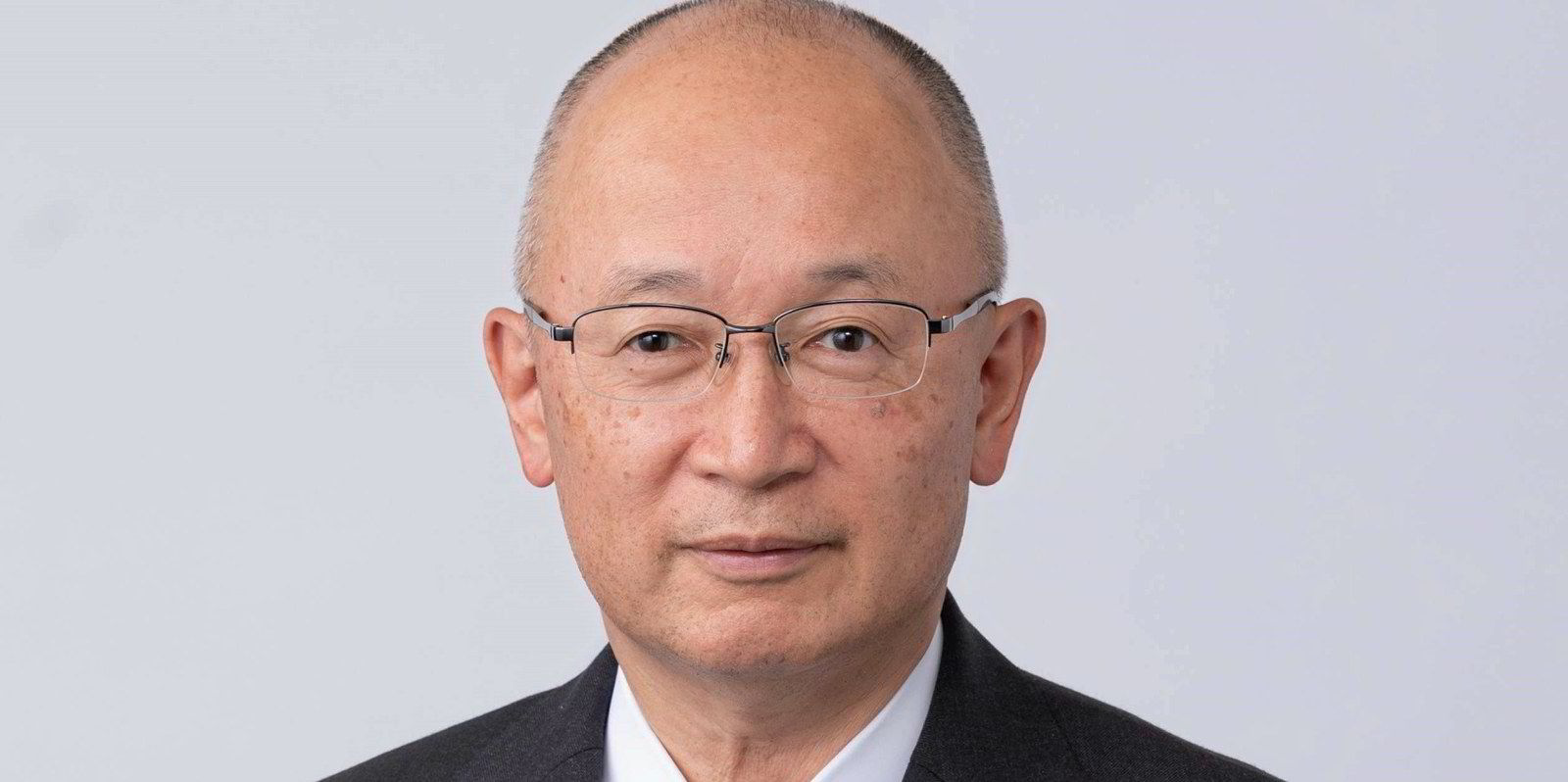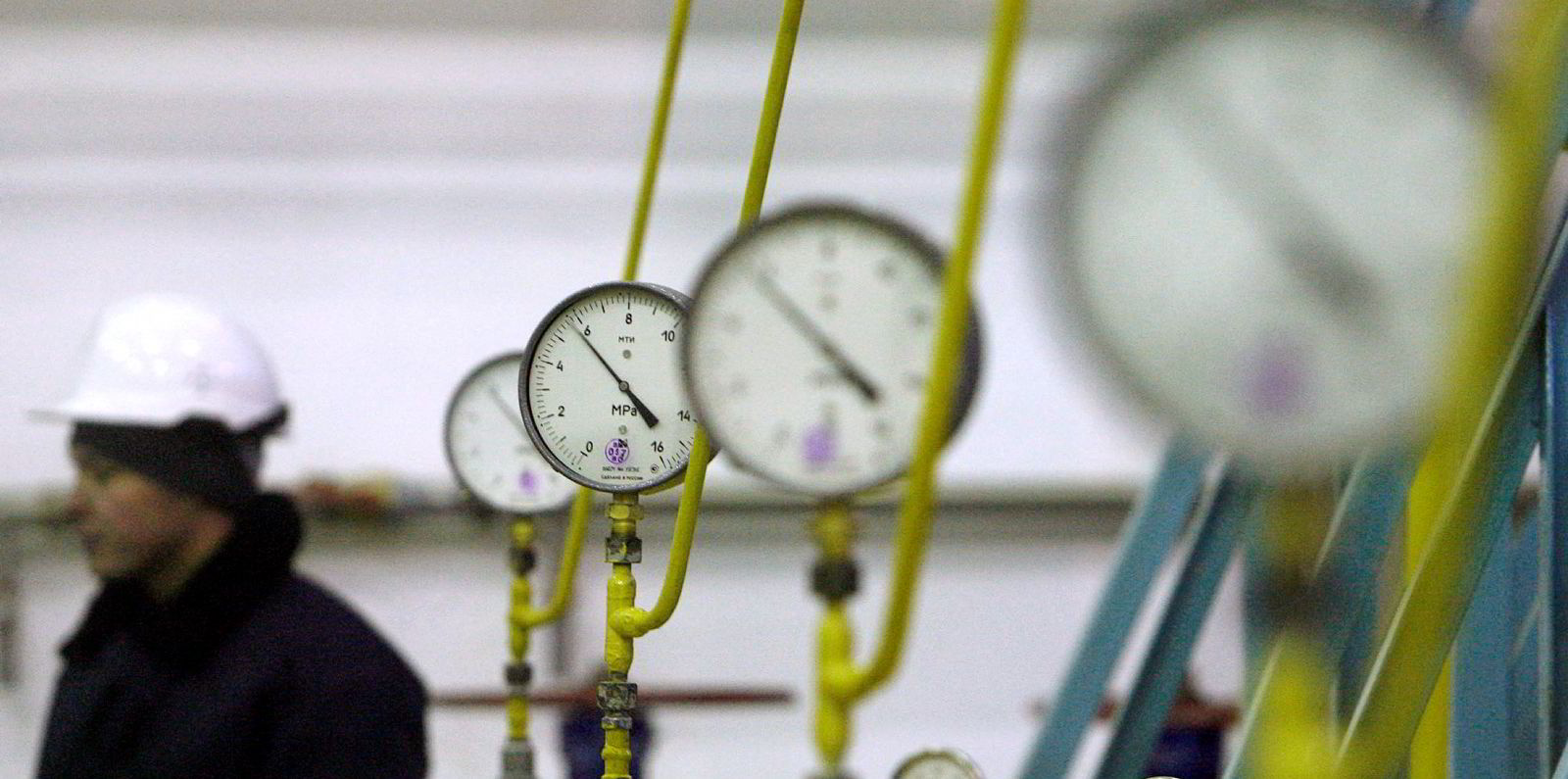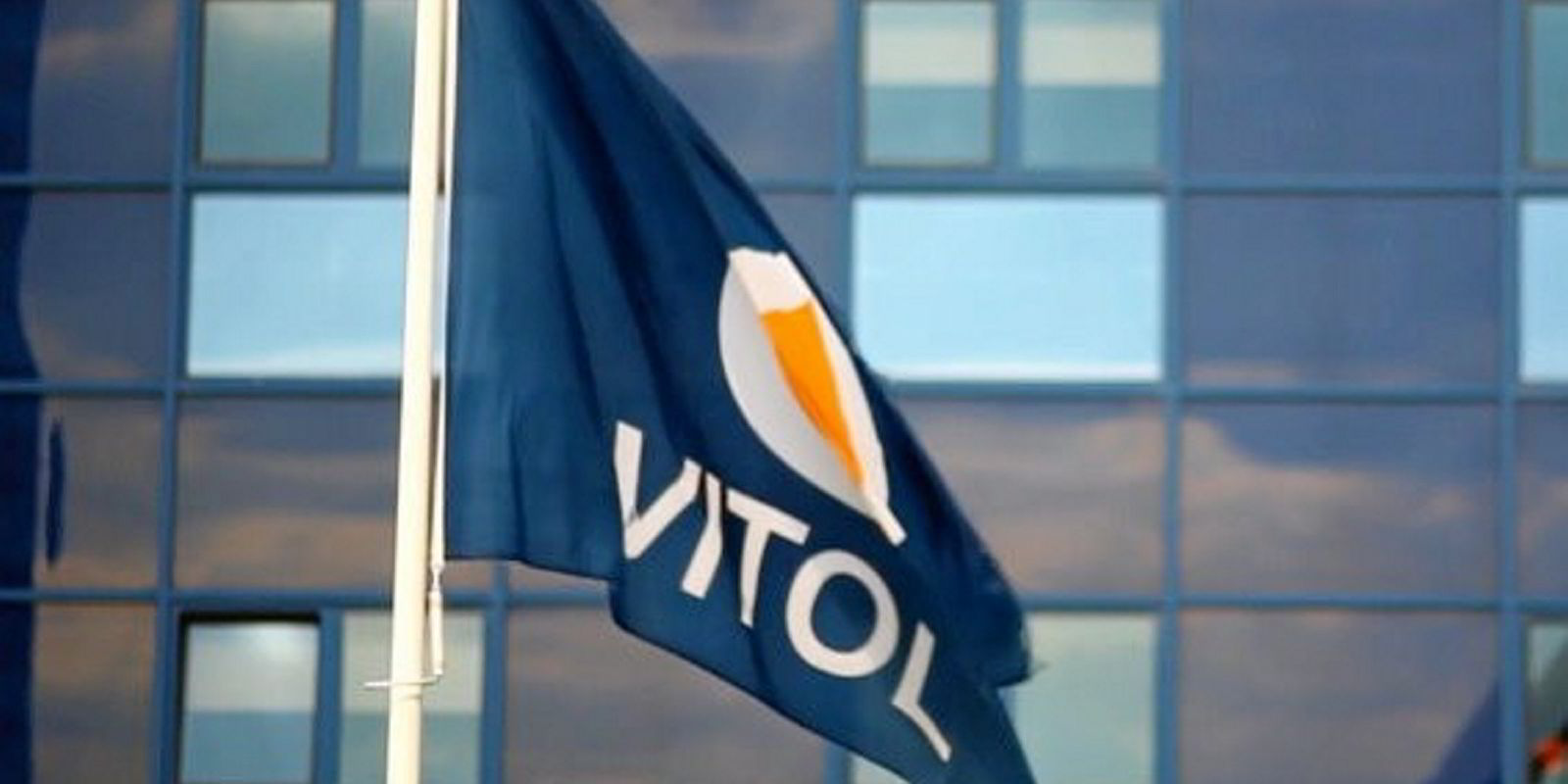A major shipowner says Japan has no option but to keep shipping in Russian LNG.
Takeshi Hashimoto, chief executive of Mitsui OSK Lines, believes rocketing energy costs and the limited likelihood of reactivating nuclear plants mean imports will continue despite the invasion of Ukraine.
He told the Financial Times that Japan lacks viable alternatives to Russian gas, which is brought in cheaply under long-term deals.
“We cannot use many nuclear power stations, therefore the supply and demand balance of the power industry is quite tight,” he said.
“Nowadays, the spot market of both LNG and coal is quite expensive. That is one of the reasons why Japan is so reluctant to stop the LNG imports from Russia.”
Last week, the Russian government moved to take control of its Far East Sakhalin-2 gas project, which was owned 22.5% by Japanese companies. The news cast doubt on Japan’s continuity of supply.
Hashimoto said MOL plans to keep servicing gas buyers such as Tokyo Gas and Jera with Russian imports.
“Since Japanese buyers require Sakhalin-2 LNG, definitely we will try our best to continue our normal services regardless of Russian national policy,” he said.
MOL has a key role to play in exporting Russia’s gas on its ice-breaking LNG carriers.
Hashimoto remains “quite confident” that Russia will finish the first of three phases at its $23bn Arctic LNG 2 project by next year.
However, he said “almost everything has stopped” on expansion projects.
Each phase will produce 6.6m tonnes of LNG.
MOL has three ships for the project nearing completion. A further four LNG carriers and a condensate carrier are also on order for Arctic LNG 2.
Hashimoto believes Japan will continue to import LNG, coal and oil longer than many other nations because strong public opposition makes it “very difficult for Japan to open many nuclear power generators”.





